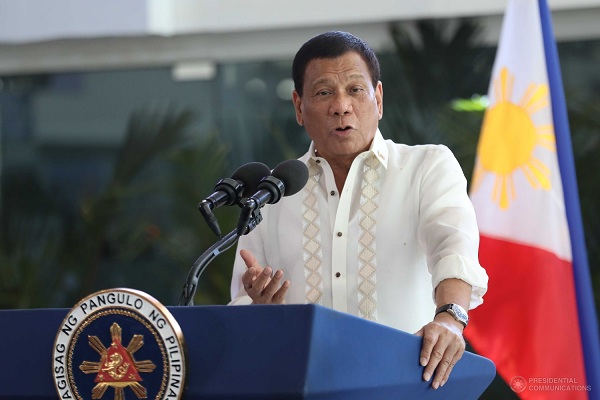
Philippine President Rodrigo Duterte
Manila, Philippines — President Duterte is planning to call for a special session of Congress to speed up the passage of a Bangsamoro Basic Law (BBL) acceptable to all sectors of society and which will correct the injustices of the past, Philstar reported.
“I will work very hard for it. I will ask Congress for a special session just to hear you talk about (it). I will say that this is important, it is sacred,” the President said Monday during the first Bangsamoro Assembly in Sultan Kudarat in Maguindanao.
He underscored the importance of acting on the concerns of the Bangsamoro people as he cited the serious concerns brought about by Islamic militants who sow terror in the region.
“We must avoid the pitfalls of violence,” Duterte said, pointing out that Islamic State (IS) terrorists have used the name of Allah in vain when they killed people and sowed destruction and violence.
Also Read: Myanmar Military Airstrike Hits Monastery, Killing 28 Displaced Civilians
“Where is ISIS now? It’s on the edge. If they lose the land base, they will scatter … why would we allow barbarians to come here and destroy our way of life, when we are not even a mix of Arabs. We are Malay,” he added, referring to the experiences of Middle Eastern countries like Iraq, Libya and Syria.
The President stressed that the BBL should consider the historical past and correct social injustices.
While he broached the idea of land and resources sharing, he maintained that he would work only under the context of one Philippines.
“There must be one nation for all, and one Republic of the Philippines for all of us Moro and Christians… We must have only one Philippines. I cannot bargain it away,” Duterte said.
Also Read: Arakan Forces Impose Movement Restrictions on Rohingya in Maungdaw
He noted that while he could not yet fulfill his promise to give the BBL, he stressed that he is “willing to walk hundred of miles for peace.”
As for the country’s name, he said Filipinos could also change it if they want.
“That’s just a name of a country… we can always do away with it in due time. I am sure our children would correct this… (the name) Philippines smacks of imperialism,” the President also said.
‘Acceptable to all’
Also Read: Arakan Association Trains Rohingya Students to Write News in English
He also promised to campaign for a BBL acceptable to all Filipinos.
“If not, let us work for a way, as long as we give them what is acceptable,” the President said.
At the start of his speech, Duterte talked about the injustices committed against the Bangsamoro people through the centuries, saying, “We were a subjugated people… The historical injustice began when we were slaves of other nations.”
The proposed BBL defines the Bangsamoro people as “those who, at the advent of the Spaniards, were considered natives or original inhabitants of Mindanao and the Sulu archipelago and its adjacent islands, Palawan and their descendants, whether mixed or of full blood.”
Also Read: Myanmar Military Attacks Ayeyarwady Villages: 9 Dead, 20 Wounded
It also gave them the right to identify themselves as Bangsamoro by ascription or self-ascription, aside from the clause that respects the freedom of choice of other indigenous peoples.
Section 2 also provides that “there shall be no discrimination on the basis of identity, religion and ethnicity.”
Mindanao-based public officials assured Duterte of support to the call for a BBL approval that could lead to the end of the decades-long Moro rebellion.
Gov. Mujiv Hataman of the Autonomous Region in Muslim Mindanao (ARMM) said his administration would not stand against a transition to a Bangsamoro entity when the BBL is finally enacted into law and ratified via a plebiscite by voters in its proposed core territory.
Also Read: Indonesia-Saudi Arabia Seal $27 Billion Investment Deal During Prabowo’s Visit
“We shall never be an obstacle to the attainment of peace in the Bangsamoro homeland,” Hataman said, noting that the two-day assembly dramatizes the aspirations of Moro sectors for a peaceful solution to the Mindanao secessionist uprising.
Maguindanao Gov. Esmael Mangudadatu said his administration, together with the League of Mayors, support the peace overture between the government and the Moro Islamic Liberation Front (MILF).
He hopes that after his term ends, the succeeding administration would continue with the Maguindanao Program for Peace and Community Empowerment, which supports the studies of more than 6,000 scholars.
Orlando Cardinal Quevedo, the bishop of Cotabato, is also optimistic that the BBL will correct the prejudices against Muslims by fostering stronger ties among southern sectarian groups.
Also Read: Russia Officially Recognize Taliban Government in Afghanistan
As Mindanao’s top Catholic parochial leader, he has been supporting government and MILF efforts to end secessionist conflicts in Mindanao.
“I pray and hope that the BBL will be a symbol of unity of all Bangsamoro,” Quevedo told assembly participants.
He also hopes the measure will provide children with education essential to efforts of addressing deep-seated misunderstandings among Muslims, Christians and lumads in Southern Philippines.
“All Muslims and Christians are creations of almighty God,” Quevedo said.
Also Read: Health Ministry Reports 418 Indonesian Hajj Pilgrims Passed Away
Federalism
Meanwhile, federalism advocate Raul Lambino pointed out in a roundtable discussion organized by the Philippine embassy in Washington and the US-Philippines Society recently that the Philippine model of federalism aims to establish at least 11 regional governments in the country.
Lambino, also the CEO of Cagayan Export Zone Authority (CEZA), highlighted the advantages of having a federal system of government in the Philippines.
“The objectives of federalism will be to activate the regions’ participation in national decision making, to accelerate economic development of the regions, achieve peace in Mindanao and allow the preservation of culture and the languages of the various ethno-linguistic groups,” he explained.
Also Read: Saudi Arabia Issues 190.000 Umrah Visas Following Hajj
He noted though that the defense, national security, foreign policy, currency, banking and monetary policy, customs and national taxation and international trade powers will be retained by the federal government while the regional governments will be responsible for local development and for providing basic services to constituents.
Lambino said the principle of solidarity, wherein the welfare of each region is the business of all the other regions in order to ensure that the basic services rendered to the people are more or less of the same quality or standard wherever in the country they may be, will also apply.
Some US corporate officials were curious about how such a shift may impact the business and investment environment in the country. (T/RS5/RS1)
Mi’raj Islamic News Agency (MINA)
Also Read: Kazakhstan Passes Law Banning Face Coverings in Public Places






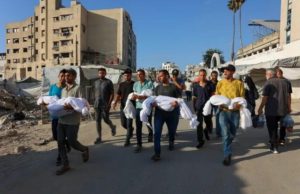
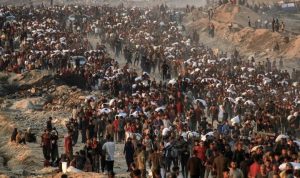
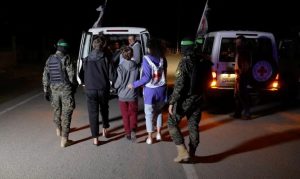
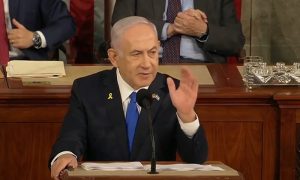



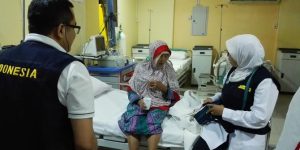
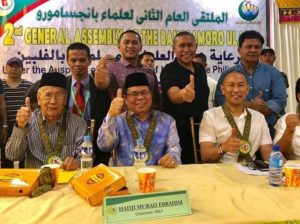
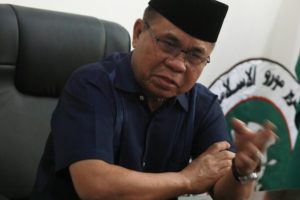
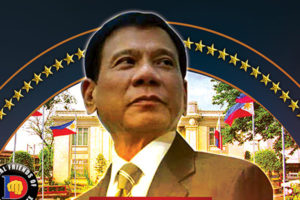
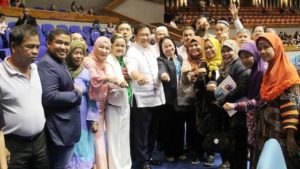
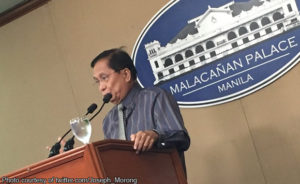
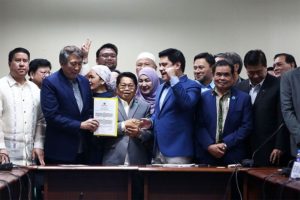






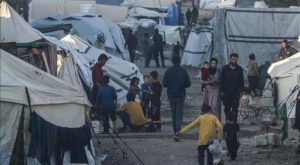

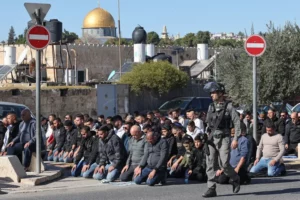






 Mina Indonesia
Mina Indonesia Mina Arabic
Mina Arabic